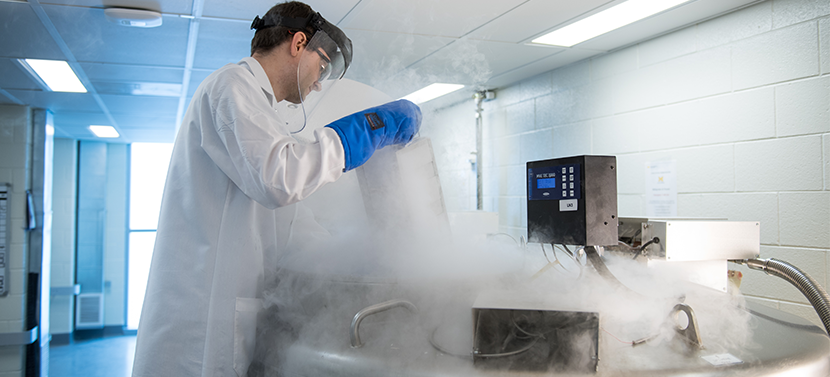Biospecimens are materials taken from the human body, such as plasma, tissue, blood, and urine, that can be used to diagnose and analyze cancer. During a biopsy, operation, or other procedure, a small amount of the sample may be stored and used for further examination.
Once these samples are properly processed and stored, they are known as human Biospecimens. Biospecimens can contain proteins, DNA, RNA, and other molecules that are important in understanding disease. To get more information about the biorepository basics visit https://www.geneticistinc.com/what-is-a-biorepository

Image Source: Google
Biospecimens are usually accompanied by information about the patient from whom the Biospecimens was taken. This can be in the form of interviews with patients or family members of patients.
Patients with medical records also agree to offer clinical trials in which patients participate voluntarily. Federal guidelines place great emphasis on protecting the privacy of personal and medical information.
What is a biorepository (biobank)?
A biorepository is a "library" where biological samples are stored. They are available to scientists for research purposes, for clinical or research purposes.
The mission of the Biorepository is to develop collections of biological samples as research tools to enhance clinical and translational research and improve public health. It acquires, stores, catalogs, and makes tissue and other biological samples available to researchers.
Biorepositories are available for medical research when patients donate tissue or biofluids such as blood during surgery, biopsy, or other medical procedures.